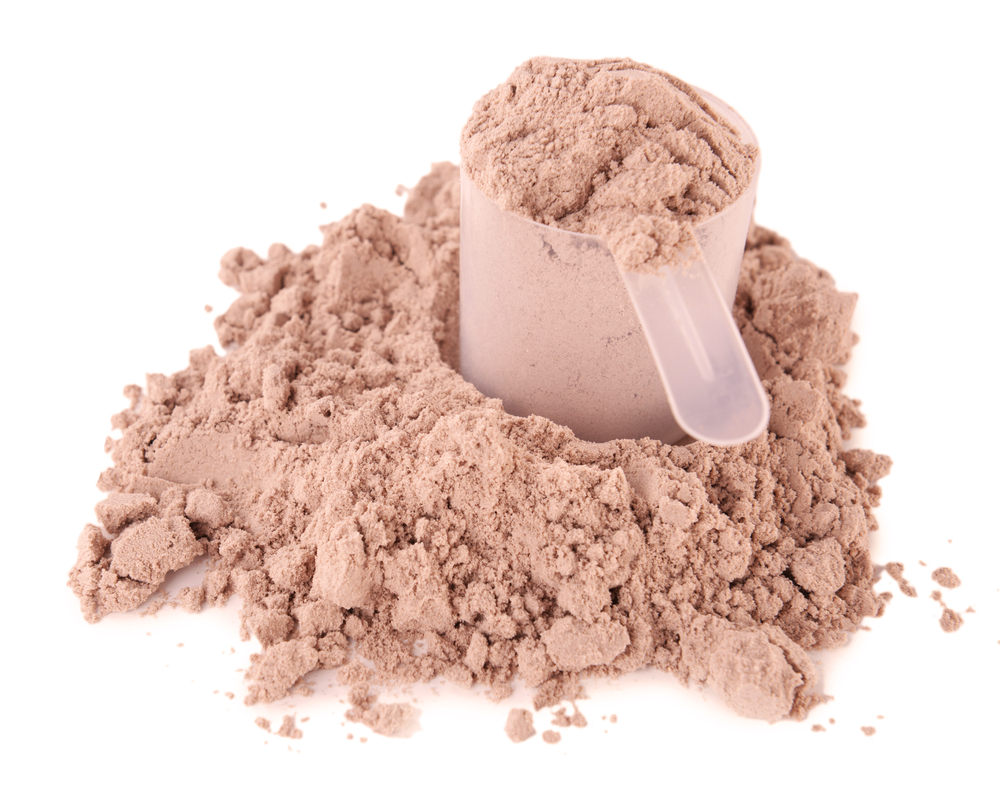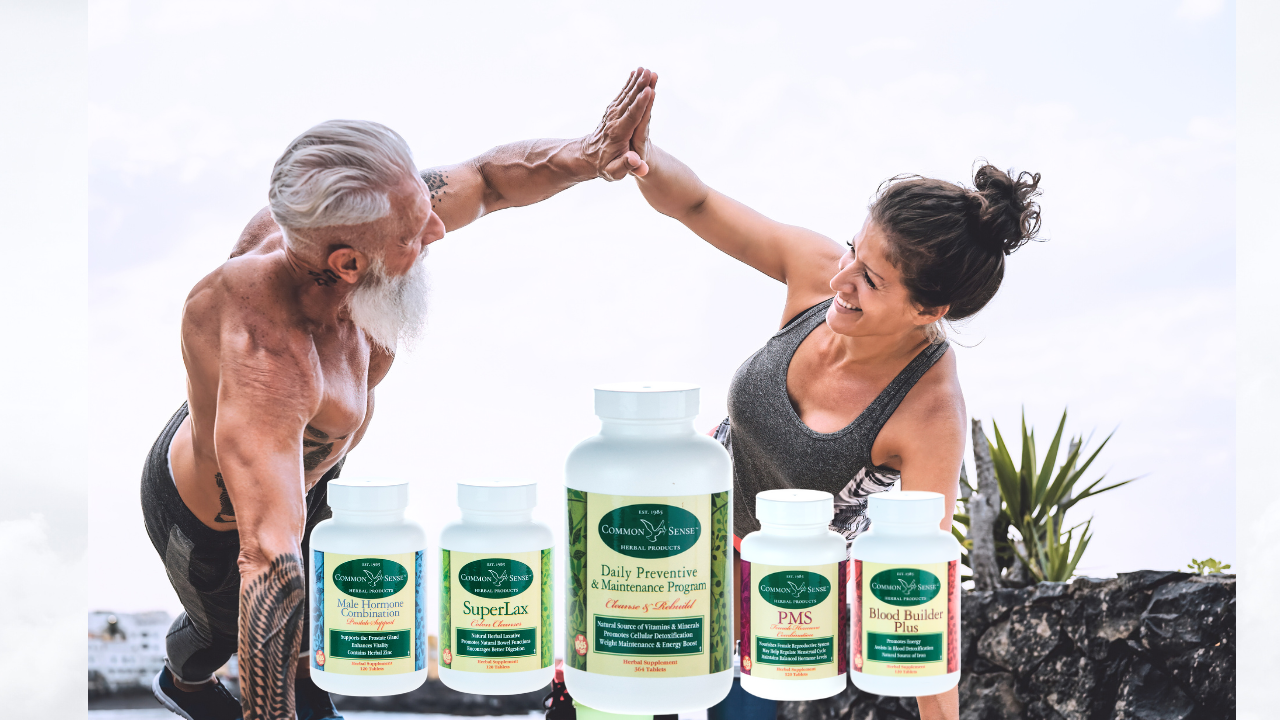
For years, the accepted solution to help bulk up or control hunger has been to increase protein intake. The more protein in our bodies, the better our athletic and metabolic performance will be. Up until recently, whey protein powders have been the number one way to increase daily protein intake, particularly for active people. But did you know this protein can actually do more harm than good for your overall health?
What Is Whey Protein?
Whey protein is a common “nutritional” supplement that is used to help gain muscle mass while also losing fat. But new research suggests that this protein isn't a good option, especially for those with dietary restrictions and allergies. This is because whey is sourced from dairy and may cause digestive problems for people with lactose intolerance.
Why Is This Protein Bad for Health?
Whey is a protein that forms naturally as a byproduct of cheese production. Cow's milk itself contains about 20% of whey as a protein source. Just like other milk products, whey contains a significant amount of lactose carbohydrates, which are the primary culprit behind digestive upset for those who have lactose intolerance.
While it's clear that whey protein may cause trouble for people who have lactose intolerance, does that mean that whey is a bad health choice for everyone? It turns out there are quite a few reasons why it might be better to avoid whey powder supplements, even if you don't have problems with lactose. Here are a few reasons this protein may be bad for your health:
1. Whey Is Inflammatory
There are many foods that increase inflammation in the body. While inflammation in the body isn't necessarily bad, dietary habits can cause chronic inflammation that can lead to consistent gastric distress or other health concerns related to excessive inflammation, such as pain in the muscles and joints.
2. Excessive Protein Is Bad for Kidney and Liver Health
People who have kidney and liver disease should not consume large amounts of protein, particularly whey, because of the way the body processes proteins. High protein consumption doesn't damage your kidneys, but if you do have kidney diseases, it's best to limit protein consumption, particularly from dairy sources. This is because high dairy proteins increase urinary calcium excretion, which can make it easier to overtax the kidneys and create calcium kidney stones.
Studies also suggest that if you are intaking too much dairy protein without enough exercise, the liver becomes the primary processor for the protein, which can cause early liver disease. Over time, consuming too much whey without enough physical output can create sustained liver damage.
3. Disrupt the Microbiome
The human gut is filled with all types of "good" bacteria that help protect us from bacterial infections and support the immune system. Good gut bacteria is associated with better health, good mood control, and easier weight management. But when you intake too much whey without enough physical output, you can disrupt the natural rhythm of the microbiome.
In fact, too much dairy protein creates a shift in the balance between "good" and "bad" gut bacteria. Specifically, when dairy protein is overconsumed, the amount of "bad" bacteria in the gut increases, which inevitably leads to gastric discomfort and other symptoms, such as constipation.
4. Whey Products May Cause Acne
Dairy products contain a specific growth factor that has been linked to the production of hormones that increase acne on the face and body. While whey itself does not contain this growth factor, the powders and supplements that contain whey typically use dehydrated milk as an additive - and it's those additives that produce the acne-related hormones.
5. Dairy May Be Linked to Hair Loss
A 2017 study from Dartmouth suggests that milk products and byproducts contain hormone precursors that are associated with hair loss. This line between overconsumption of dairy products and hair loss can affect your mental health, as well as create a long-term problem with hair loss that can't be easily resolved.
6. Whey May Stimulate Insulin
Although common advice suggests that using a protein powder containing whey after a workout can help increase energy and muscle mass, the trade-off for the energy portion is the elevation of insulin in the body. In fact, whey has one of the highest percentage of insulinotropic foods, which are foods that sustain high insulin levels in the blood. Even for people who do not have trouble with insulin or diseases such as diabetes, continually sustaining a high level of insulin in the body can be harmful in the long run.
Even more concerning, whey supplements may contain other additives and artificial ingredients that increase sugar cravings, glucose intolerance, and fat gain. Many whey powder supplements contain artificial sweeteners and flavors that have been linked to increasing glucose intolerance in the gut and encouraging sugar dependence in the body.
Are There Vegan Alternatives to Consider?
Yes, there are vegan alternatives to whey protein powders. Vegan protein powders and supplements are made with pure amino acids, the building blocks of protein. Many vegan supplements, such as CSP's “Endurance34” Raw Vegan Protein are considered better for your overall health for the following reasons: vegan alternatives are easier on the digestive system, especially for those who are lactose intolerant. There is less sugar dependence in vegan supplements, as well.
Some research suggests that vegan supplements are even better for promoting cardiovascular health, balancing the gut microbiome, and boost fat-burning abilities when combined with the right daily intake of fiber. Compared to the downsides of milk-based protein powders, vegan alternatives are healthier for your whole-body health.
Consuming milk-based protein powders, such as whey, has been a time-honored habit for athletes worldwide. But modern research indicates that whey can cause significant health problems, including liver disease, kidney disease, gastrointestinal disease, and insulin-related diseases. For that reason, vegan alternatives to whey are gaining more traction for their superior health benefits, such as being more effective for burning fat and gaining muscle mass. For more information about vegan protein options, contact Common Sense™ Products today!







